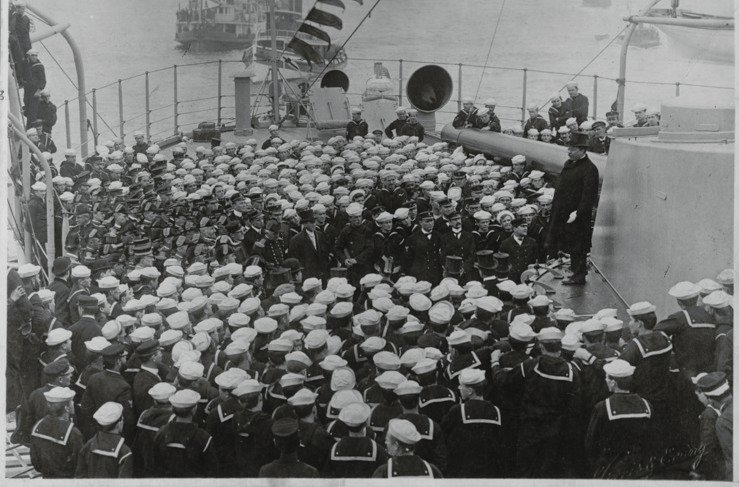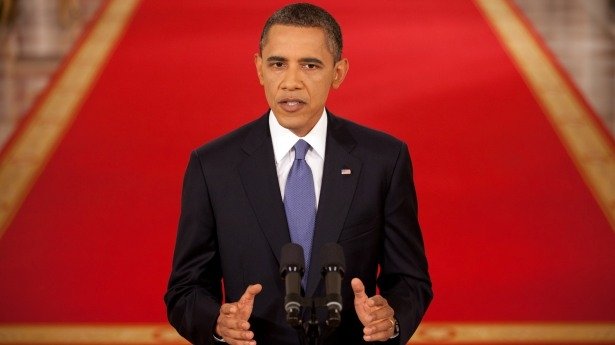The American president is sworn in Jan. 20 — but then what?
While they may have made lofty promises to the voters while campaigning throughout the country, what they can actually accomplish is largely up to how well Congress is willing to cooperate with them.
That’s because of a system of checks and balances that’s been in place for eons.
Gridlock in Washington is often blamed on one or the other: an overambitious president with farfetched ideas that budget hawks see no money in the purse for, or partisan brinksmanship in the legislative branch that forces the hand of the president to choose unilateral action.
But what exactly is the president’s job?
What does the Constitution say?
Although the job has evolved and presidential powers have expanded exponentially starting with T.R. Roosevelt and leading up to Bush and Obama, the Article II of the Constitution states the president has the following powers:
– Commander in chief of the armed forces
– Commission officers of the armed forces
– Grant reprieves and pardons for federal offenses (except impeachment)
– Convene Congress in special sessions
– Receive ambassadors
– Take care that the laws be faithfully executed
– Wield the “executive power”
– Appoint officials to lesser offices
There are, of course, other aspects to the job. His (or her) inherent powers make the president our foreign policy leader, and oftentimes they will make an executive agreement with leaders of another country. And, as anyone who watches “House of Cards” knows, some things remain unspoken. To break the partisanship, backroom deals are as much a part of the gig as anything.
But as far as transparent job functions, the job outline has a simple structure even to this day.

President Theodore Roosevelt has the honor of speaking to a crowd of sailors. (Wikimedia Commons)
The president’s unofficial job duties
The president acts as a crisis manager, and is looked upon to take a lead and act as the voice of reason throughout spectacles affecting large swaths of Americans. This becomes the president’s job in any event, whether it is natural disaster response, mourning the deaths of public figures, or engineering responses to international events such as the so-called “Brexit” and costly wars where the United States has foreign interests.
The office of the president is also the top administrative job in Washington. A sign sat on President Harry Truman’s desk that read, “The buck stops here.” The president must be held accountable for appointing thousands of judges and office workers in lower positions of government, creating a kitchen cabinet of close advisors, and must perform ceremonial duties including laying the wreaths at soldiers’ tombs and delivering prime-time speeches during the historic moments of the world.

The President of the United States, Barack Obama, addresses the nation on June 22, 2011, to announce troop withdrawals from Afghanistan. (Wikimedia Commons)
A ‘steward’ for the direction of America?
Roosevelt considered himself a “steward of the people,” allowing himself the freedom of mind to do what he felt was best on behalf of all Americans so long as the Constitution did not forbid it. It is a theory that helped expand presidential powers, allowing him to lead conservation efforts and create the National Parks, conducting foreign expeditions such as the construction of a Panama canal, and punishing corporations who refused to give working people a “square deal.” It stands in contrast to other presidents, who have been careful to cite provisions in the Constitution ahead of any large-scale military action or domestic ruling.
Each president brings their own unique style to the Oval Office, and their personality and experience with law provides a look into how they handle executive privilege.
